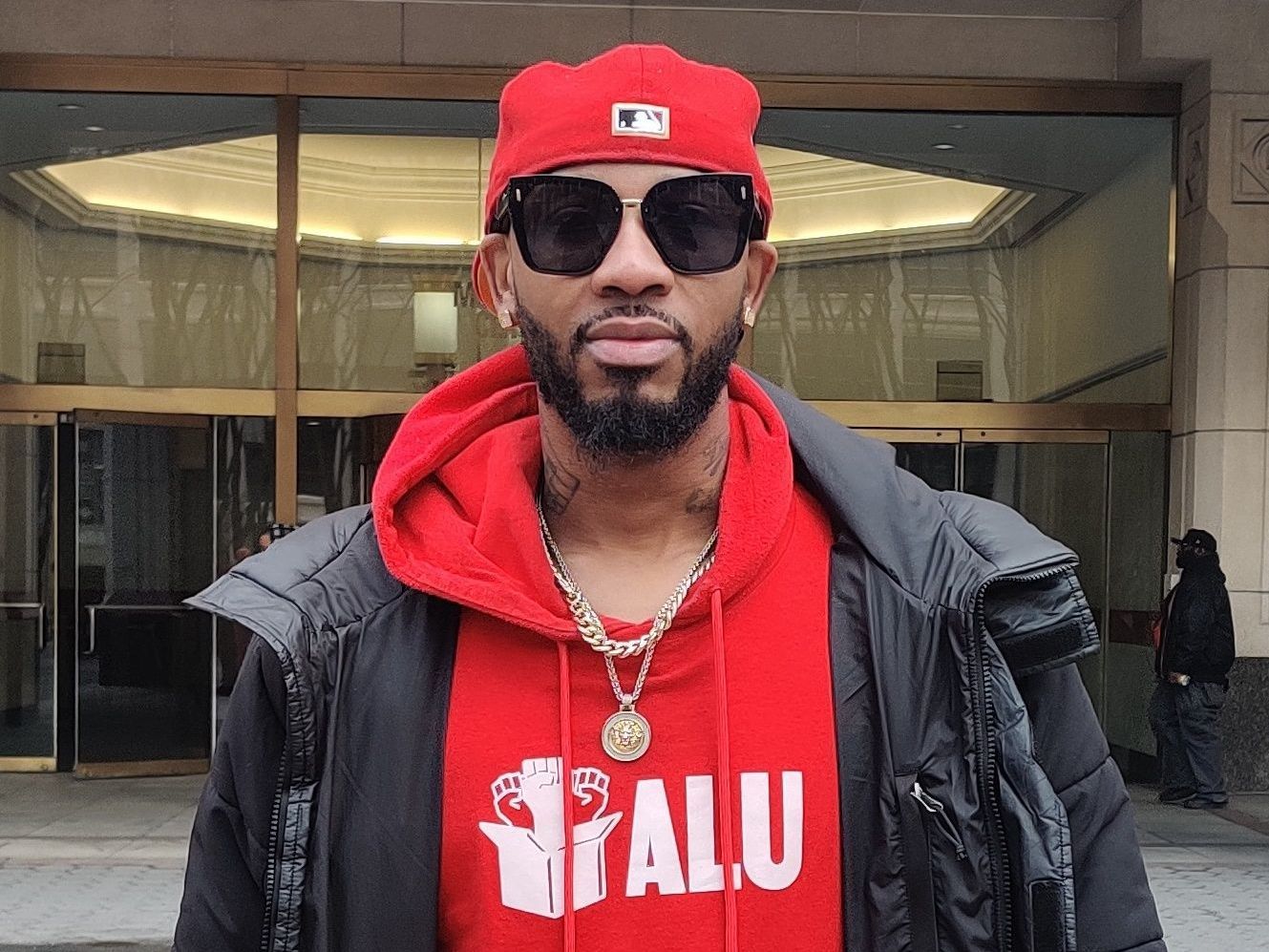How to Have "Crucial Conversations"
By Coach Brian Miller
I have often said that if coaching was simply about my coach calling me once a week and asking me three specific questions, it would be worth almost any price. Here are the three questions:
- Who do you need to have a tough conversation with?
- When are you going to have it?
- How did last week’s conversation go?
Learning how to have tough conversations without going in too strong can be a skill that changes our lives!
A helpful book on this subject (which I’d put on my must-read book list) is Crucial Conversations: Tools for Talking When Stakes are High. The authors define a crucial conversation as one that has high stakes, strong emotion, and varying opinions. In other words, these are critical moments where communication must be at its best, and if resolved well, can relieve stress, and move you forward.
In a lot of ways, the book sounds like a book on coaching. Many of the competencies overlap.
Let’s break a crucial conversation into three main questions.
What are we talking about?
This is rarely obvious. A critical mistake in conversations is assuming that you know what the topic is. Sometimes the client is not completely forthcoming. They don’t feel safe enough to share the real topic. They may leave out important information to protect themselves or sometimes to protect the other person.
They may be purposely keeping the topic off point to create some political leverage to create space for their real topic to go under the radar. Many times, though, the other person doesn’t really know what the topic is either. They just know there is a problem.
In the book Crucial Conversations, the authors share a helpful acronym for determining the topic: Perform CPR.
- Content – The conversation may be about the actual issue that was stated. It is either about an action or its immediate consequences.
- Pattern – The conversation may be about a pattern of actions. This isn’t the first time this issue has come to our attention. How do we stop this from reoccurring?
- Relationship – The conversation may be about the relationships involved. There may be an issue of trust, competence, or respect. These are the hardest issues to resolve.
As you can imagine, these are three different types of conversations. If we don’t know what we’re talking about, we’re not going to come to an adequate resolution.
What do we not know yet?
The book shares a great analogy. Each person in the conversation is wading in a “personal pool of meaning.” After we observe behavior, our brains automatically assign meaning to the action. Here are some meanings we might tie to a behavior:
- That was rude.
- That was smart.
- That was helpful.
- That was self-centered.
These meanings have not been validated. In other words, they are simply the creation of our own imagination. They might be correct, but they might not be correct. We don’t have enough information yet. The authors recommend that one goal of the conversation is to merge these personal pools into one shared pool of meaning.
My favorite quote of the entire book is: The pool of shared meaning is the birthplace of synergy.
Once we understand all the meanings that have been assigned to the issue, then we have a chance to gain traction toward a healthy resolution. Without the shared pool, we will spin our tires until we are buried in the mud.
What are we going to do about it?
The authors say there are two reasons we fail to convert the conversation into action. The first is that we have unclear expectations about how decisions will be made. They describe four methods of decision making:
- Command
- Consult
- Vote
- Consensus
Before a decision can be made that all parties feel comfortable implementing, everyone needs to agree how the decision will be made. None of these options are necessarily better than any other, but lack of agreement on which one to use can stop all progress.
The second reason conversations fail to create action is that we do a poor job of acting on the decisions we do make. The authors encourage us to answer four questions about the action:
- Who?
- Does what?
- By when?
- How will you follow up?
The parties answer three specifics on the action and then create accountability. This sounds a lot like coaching!
Conclusion
The book is filled with other good nuggets, such as how to create safety for both parties, and how to tame your brain to be vulnerable when what it really wants to do is flee, freeze, or fight.
Keeping these three questions in mind during a crucial conversation or when you’re coaching a client who is in a crucial conversation can make all the difference.
Now go out there and use these questions in a tough conversation that you have been ignoring. You don’t have to choose the toughest conversation but choose one and put these great tools into practice. Then you too can enter the “birthplace of synergy”.
This article originally appeared at
Coach Approach Ministries.







